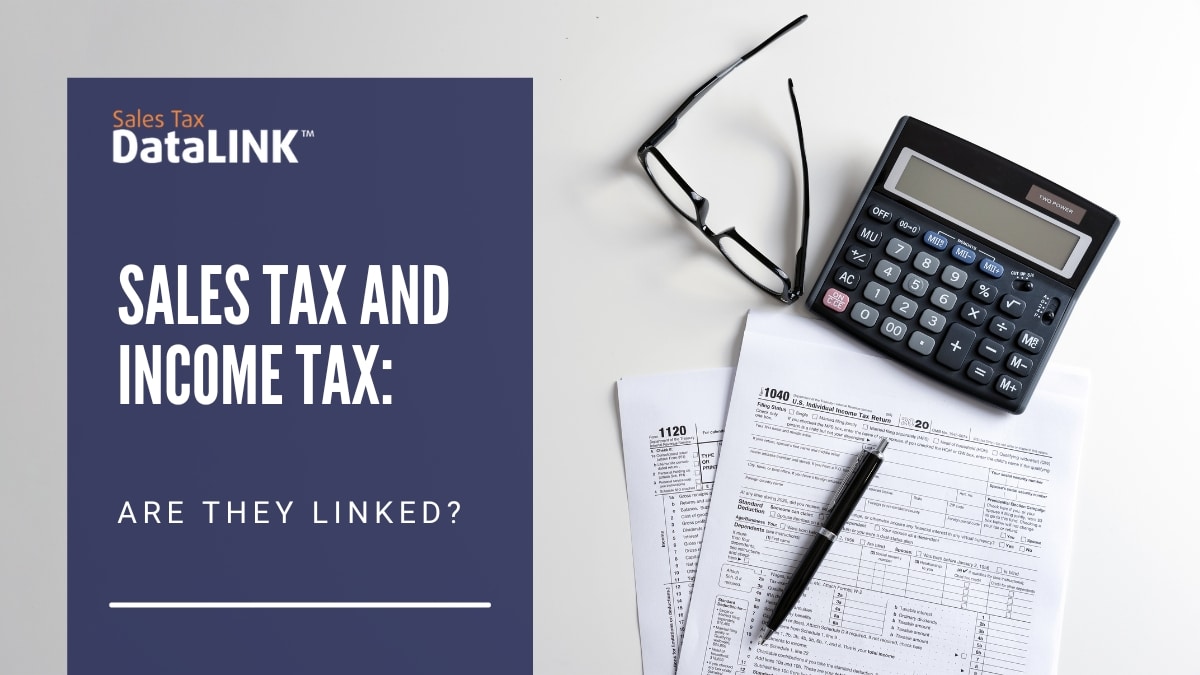The Marketplace Fairness Act debate is heating up a new study from StandWithMainStreet.com by Arthur B. Laffer and Donna Arduin. The study concludes that an internet sales tax, if used wisely, could take the burden off of income taxes for state coffers Art Laffer, who popularized the Laffer Curve seen above, is an economist who advised President Reagan and is strongly associated with supply-side economics. The study concludes that if they managed “wisely,” to use their language, states could see as much as a 5% increase in Gross State Production (GSP) by 2022 and a 2% increase in employment. It all depends on tax reform, says the study.
The problems the study points to in sales tax are as follows: e-fairness, or states not applying tax equally between online and brick-and-mortar, and some states offering exemptions on specific goods taxation of goods but not services. In the study, the authors argue that all retailers should be subject to sales tax. They claim that by making this change, states will reinvigorate their economies, create jobs, and make everyone better off. While we can’t say whether or not that’s true, we can say that the problems the study identifies in sales taxes are exactly the ones states are examining this year. We’re seeing state after state changing the goods they exempt and the services they tax.
As we delve deeper into the sales tax revenue issues that states are experiencing and see more changes coming down the line from legislators, don’t be surprised when exemptions on certain goods start to dry up and certain services become subject to sales tax. To make sure you’re ready for the changes, choose a company to work with upon which you can rely to keep you up to date on what’s happening with sales tax in your industry and that keeps your sales tax filing software up to date as changes occur.




